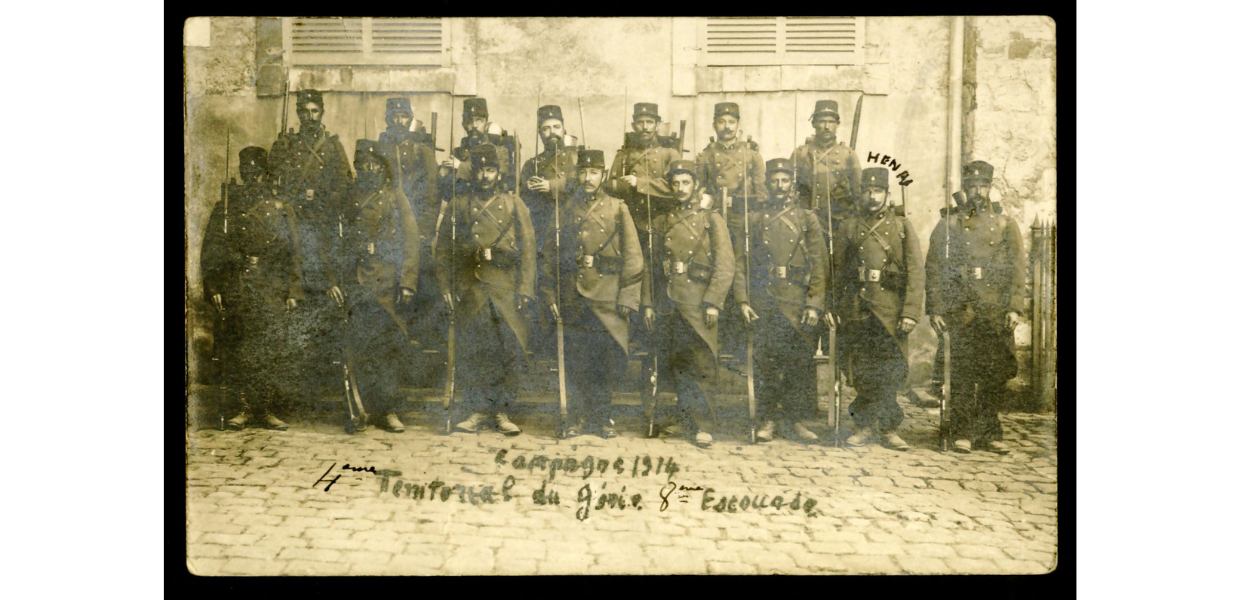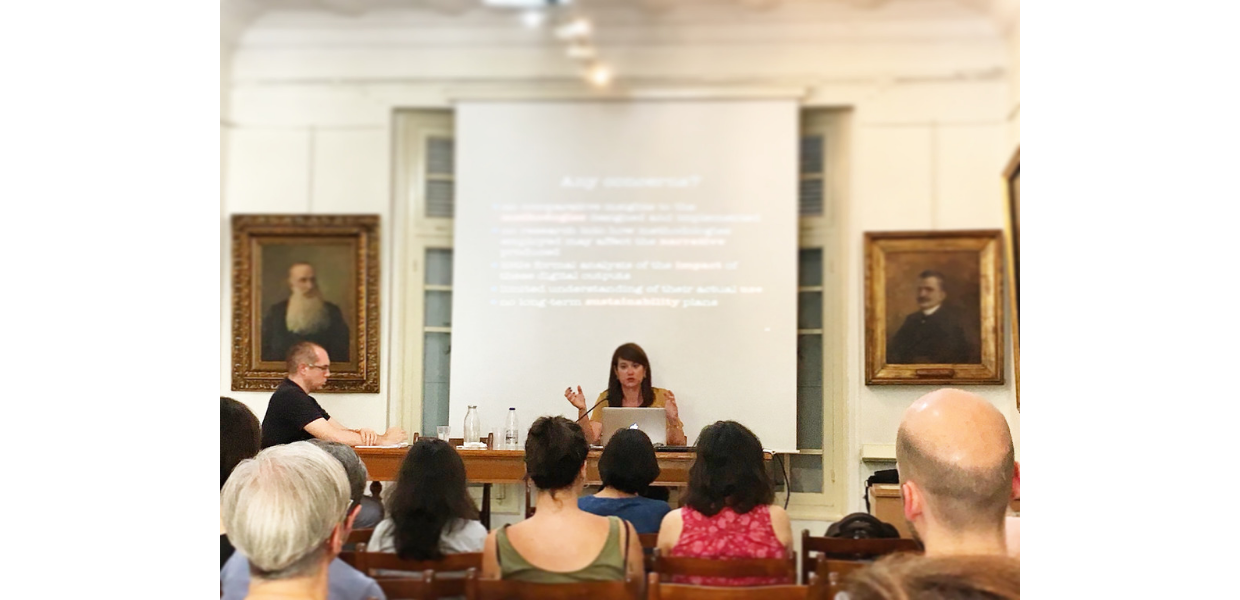A World War One digital ecosystem
The commemoration of the centenary of the First World War has produced an abundance of digital outputs for the period from 1914-1918. This has generated a wealth of new digital resources for WWI research, including projects carried out by universities, libraries, museums, archives, and community groups – adding to a long-standing yet dynamic ecosystem of endeavours attempting to collect, expose, curate, educate and communicate the First World War in the digital domain.
Europeana 1914-1918, for example, with its Collection Days model, grew out of the Oxford Great War Archive and has itself spearheaded a number of events such as transcribathons, aimed at the collection of community-generated content, and culminating in a Centenary Tour.
Using community-generated digital content for research
Can community-generated digital content be reused meaningfully so as to produce new interpretations in the digital domain? I have been exploring this question. As a representative of ATHENA R.C, I have been part of the Europeana Research initiative since it started and currently contribute to its outreach activities. I am also working on an AHRC-funded project, Living Legacies 1914-1918, as part of a research team at the University of Glasgow. Professor Lorna Hughes, University of Glasgow, is co-Investigator on this project and also Chair of the Europeana Research Advisory Board. Together we are looking into a few questions emerging from the close study of this ecosystem and its digital outputs. Our extended research builds on existing studies and will gradually develop into a series of publications and conference presentations.
This summer, Professor Hughes and I gave a presentation at the Digital Humanities 2019 Conference in Utrecht under the title ‘The Ties That Bind': The Creation, Use, And Sustainability Of Community Generated Histories. This paper addressed the theme of community-generated digital content. More so than on any previous occasion, the centenary of the First World War extended a compelling invitation to the general public to contribute their memorabilia and, in a sense, to recreate their family stories in a digital dimension. Our aim in the paper was to explore the value and sustainability of digital content created in such a way. We started from research questions such as: Is this content significantly reused for digital storytelling? Will it be possible to preserve it adequately? Of course, we were also interested in the value and reusability of this kind of digital content in research, mainly in the field of History and Historiography.
Are First World War digital collections reusable and sustainable?
While initiatives on the First World War in the digital domain represent a significant investment in digital collections, there has been little or no formal analysis of the impact of these digital outputs, how they are used, and how they can be developed and sustained over the long term. One emerging concern focusses on the long-term curation challenges and sustainability of community-generated digital content.


